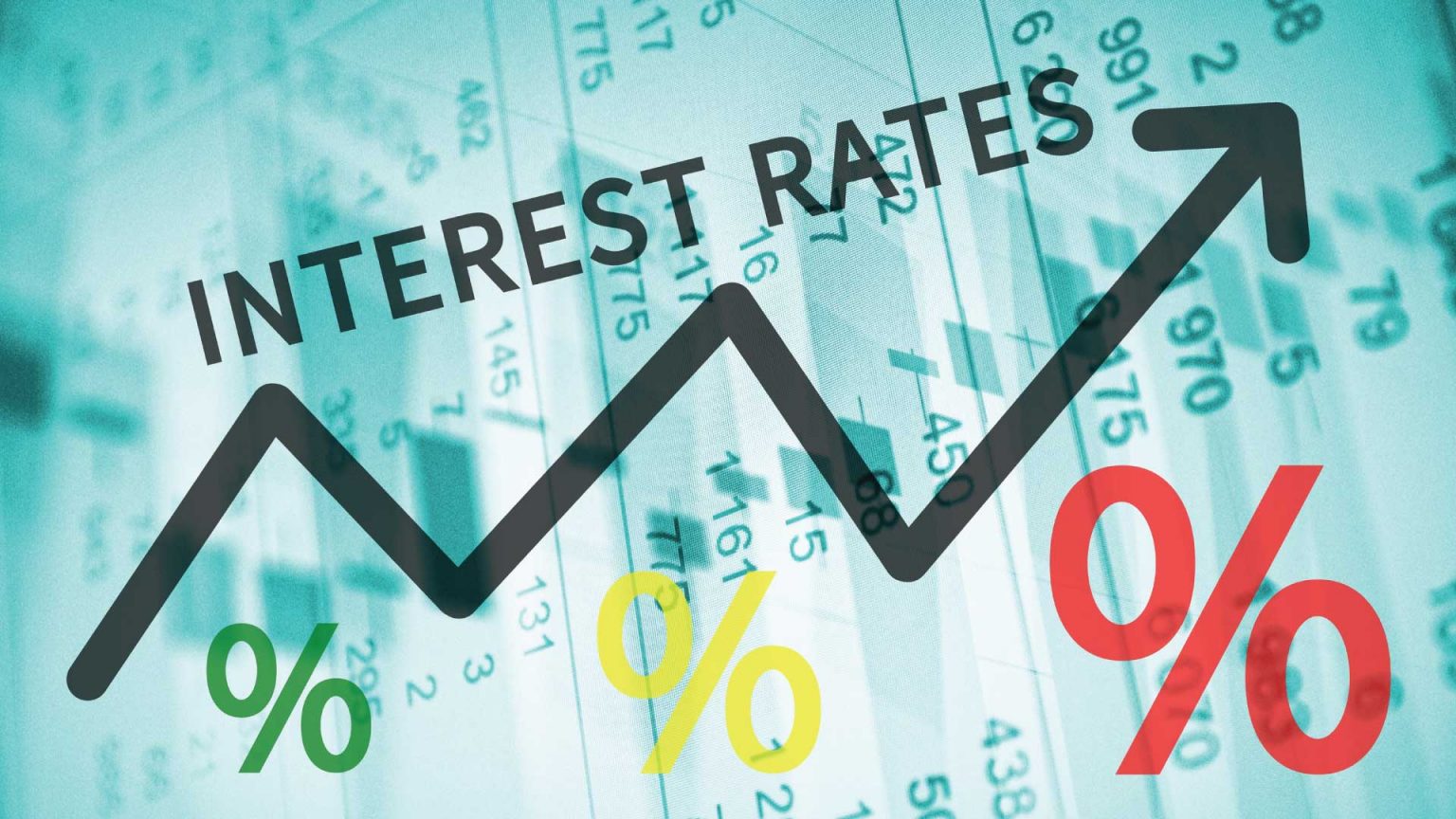The Monetary Policy Committee of the Central Bank of Nigeria has voted to increase the benchmark interest rate by 400 basis points to a record 22.75 per cent.
The MPR was at 18.75 per cent. The MPC also made a bold move to restrict money supply by increasing the Cash Reserve Ratio to 45 per cent, maintaining a liquidity ratio at 30 per cent while the Asymmetric Corridor was also raised to +200/-700. The CRR was at 32.5 per cent.
The CBN Governor, Olayemi Cardoso, disclosed this while reading the communiqué of the first MPC meeting of the year on Tuesday in Abuja.
However, members of the private sector and economists have faulted the MPC decision, saying it would lead to fresh job losses and possibly lead to recession.
They also argued that history had not shown that increasing interest rates would reduce inflation.
But addressing journalists after a two-day meeting, Cardoso said the move was part of the moves to tame rising inflation.
He said, “All 12 members of the committee decided to further tighten monetary policy by raising the MPR by 400 basis points to 22.75 per cent from 18.75 per cent. Adjust the asymmetric corridor around the MPR to +100 to -700 from +100 to -300 basis points. The committee also raised the cash reserve ratio from 32.5 per cent to 45 per cent while retaining the liquidity ratio at 30 per cent.”
At the last meeting in July 2023, the MPC, headed then by the former acting Governor of the apex bank, Folashodun Shonubi, increased the monetary policy rate by 25 basis points to 18.75 per cent, from 18.5 per cent in May last year. The CRR was retained at 32.5 per cent while the liquidity ratio stood at 30 per cent.
Since then, the MPR had been raised from 13 per cent in May 2022 to 18.75 per cent in July 2023 when the last MPC was held.
Analysts’ expectations had been divergent ahead of the first MPC meeting but the new rate surpassed all projections by financial experts.
According to a Reuters poll released last Friday, the policy rate was expected to be increased by 225 basis points to 21.00 per cent. Other experts had projected between 20 to 21 per cent.
Justifying reasons for the hike, Cardoso explained that members considered various scenarios including whether to hold or hike the policy rate. He said the MPC concluded that inflation could become more persistent in the medium term and pose more regulatory issues if not well-anchored. Thus he said the members voted for a significantly high policy rate hike to drive down the inflation rate substantially.
He mentioned that the meeting extensively discussed various distortions in the foreign exchange market, particularly the impact of speculators exerting upward pressure on the exchange rate, leading to a significant pass-through effect on inflation. The consensus reached involved a substantial policy rate hike aimed at effectively reducing inflation.
He said, “The committee’s decisions were centred on the current inflationary and exchange rate pressures, projected inflation, and rising inflation expectations. Members were concerned about the persistent rise in the level of inflation and emphasised the committee’s commitment to reverse the trend as the balance of risk leaned towards rising inflation. The committee, however, acknowledged the tradeoff between the pursuit of output growth and taming inflation but was convinced that an enduring output expansion is possible only in an environment of low and stable inflation.
“In the opinion of the committee, the options available for decision were to either hold or hike the policy rate to offset the persistent inflationary pressures. Considering the option of a hold policy, the evidence revealed that previous policy rate hikes have slowed the rise in inflationary pressure, but not to a desirable extent. Members considered various scenarios of hold and hike and concluded that inflation could become more persistent in the medium term and thus pose more regulatory challenges if not effectively anchored.”
Nigeria’s inflation rate is currently 29.9 per cent and is expected to worsen in the short to medium term. Economic hardship in the country has worsened in the past months, leading to protests in several parts of Nigeria.
Recently, protests broke out in different parts of the country in reaction to the high cost of living with citizens in Niger, Kano, Kogi, Ondo, and other states demanding solutions to the economic crisis.
The Nigerian Labour Congress has also embarked on a peaceful protest in various parts of the country, lamenting the high cost of living.
But Cardoso responding to questions on how the CBN intends to tackle the country’s biting economic hardship, assured the public of his intent to restore confidence in the financial market.
He said, “As the central bank governor, I and my team are not responsible for the woes that we have today. We are part of the solution. We are determined to ensure that we work hard to get out of the mess that Nigeria is in. We assumed responsibility in a time of crisis of confidence. There was a crisis of confidence and you may all want to go to bed and wish that crisis of confidence was not there, but it was. And we can’t turn back the clock. All we can do is do the difficult things to make a bad situation better. And I do believe that the efforts that we are making are beginning to bring back confidence.
“We are now at the stage where we’re trying to rebuild and rebuild better and rebuild in a way that those who now come will see that they have something on the ground that is sustainable. No point in building something that will crash after a number of years. That’s not the idea. The idea is to put something in place. This. That will be able to outsurvive all of us.”
SOURCE: PUNCHNG











